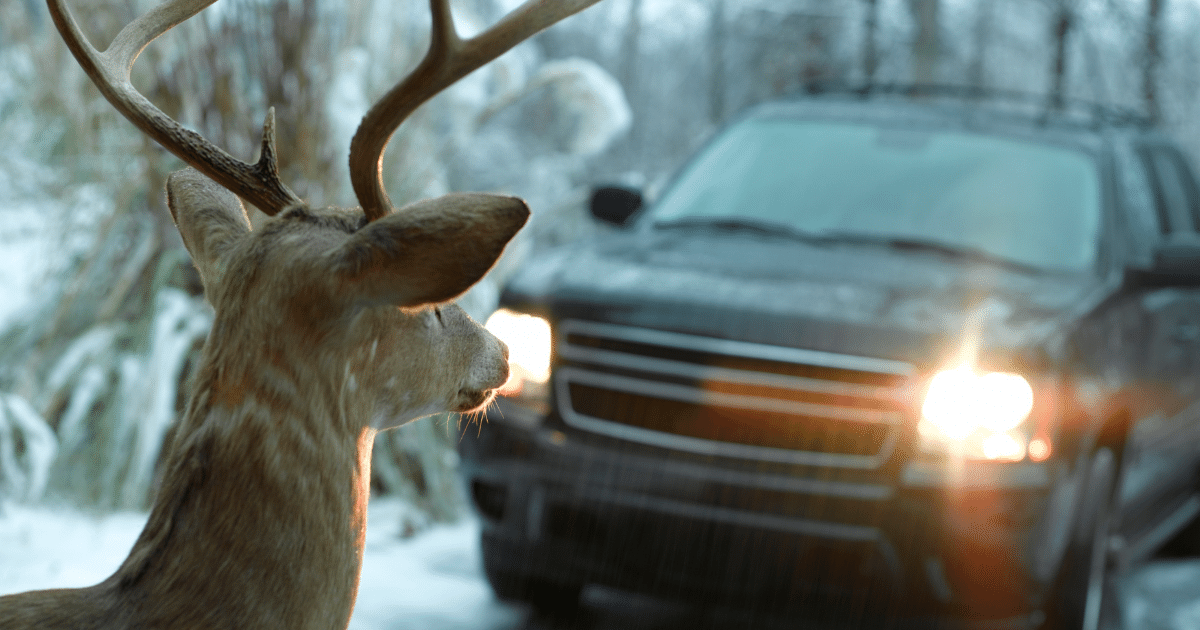
5 Reasons Why Having Life Insurance Is Good for You
Life Insurance
We get it: No one wants to think about death—for us or the ones we love. And a lot of people equate life insurance with death. And while it IS there if the worst were to happen, it can also do so many other things and doesn’t have to break your budget while doing it. Check out these great reasons to consider life insurance:
1. It’s part of a sound financial plan. Insufficient coverage has severe consequences for many families. We know that four in 10 households without any life insurance would have immediate trouble paying living expenses if their primary wage earner died. Life insurance helps with planning for your loved ones’ long-term health and happiness, providing you with peace of mind that your loved ones are financially protected.
If someone would suffer financially when you die, you need life insurance just like you need a savings or checking account. The money from the policy’s death benefit can help your family meet many important financial needs like funeral costs, daily living expenses, and college funding.
2. It’s not as expensive as you think. Many consumers believe that life insurance is either too complicated or too expensive to consider, creating a barrier to ownership with only 57% of people owning life insurance in 2019. In actuality, life insurance is inexpensive and much more accessible than you think. For a healthy 30-year-old, for example, they can get a 20-year term life insurance policy with $250,000 of coverage for about $13 a month. When you break it down like that, it’s easier to budget for and less scary to think about.
3. It can build cash value over time. Permanent life insurance has a cash value or cash surrender value, which means it can build cash value over time in addition to providing a death benefit to your beneficiaries. Just like most retirement and tuition savings plans, cash values can accumulate on a tax-deferred basis and be used in the future for any purpose you wish—a down payment on a home, college tuition, or even income for your retirement.
This can be a good option as the borrowing rates tend to be relatively low and it’s not dependent on credit checks or other restrictions. Keep in mind, though, you’re ultimately responsible for repaying any loan as set out, to make sure your beneficiary receives the death benefit you had envisioned for them.
4. Life insurance can be more than just life insurance. Riders to a life insurance contract or a specific kind of policy can enhance coverage. For example, you could have a life insurance policy, sometimes called a hybrid policy, that includes a long-term care benefit to pay for long-term care services. If this is something you need down the line, you can take advantage of it, otherwise, there is a death benefit for your beneficiary. There are a number of different riders available that can help you customize and boost your coverage.
5. It can help maximize your retirement. If the financial obligations you had when you first purchased a permanent life insurance policy have ended, your policy can take on a new life and benefit your retirement. Structured correctly, your policy can provide supplemental retirement income via policy loans and withdrawals or even options for long-term care benefits.
Life insurance can also maximize a pension by supplementing a surviving spouse’s income, or established into a life insurance trust to allow you to pass on to your heirs outside of your estate (often avoiding both estate and income taxes).
So, what are the next steps? Why not let us do a quick calculation to see how much life insurance you may need? And then let’s talk about your needs and budget—remember, we will help you free of charge with no obligation. Contact Us Now!





























































